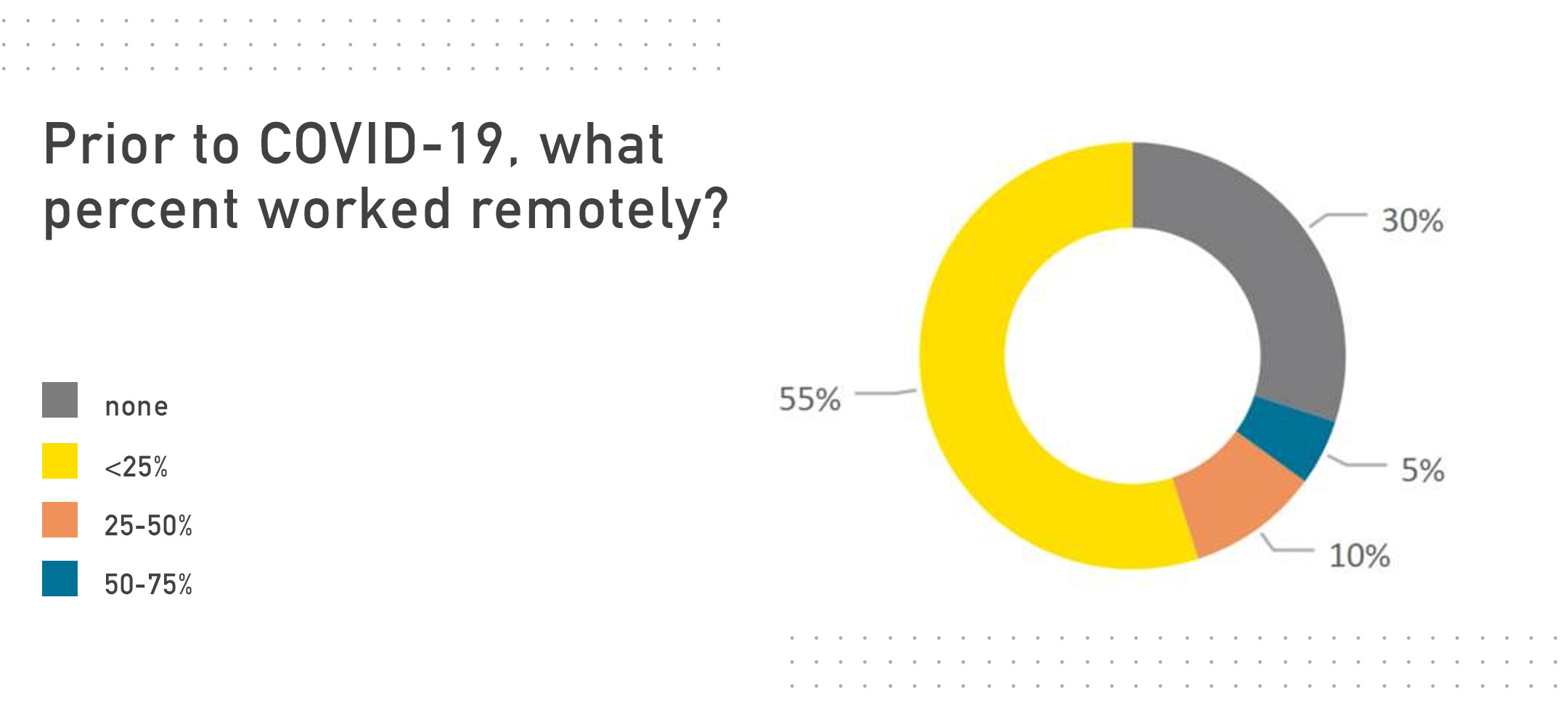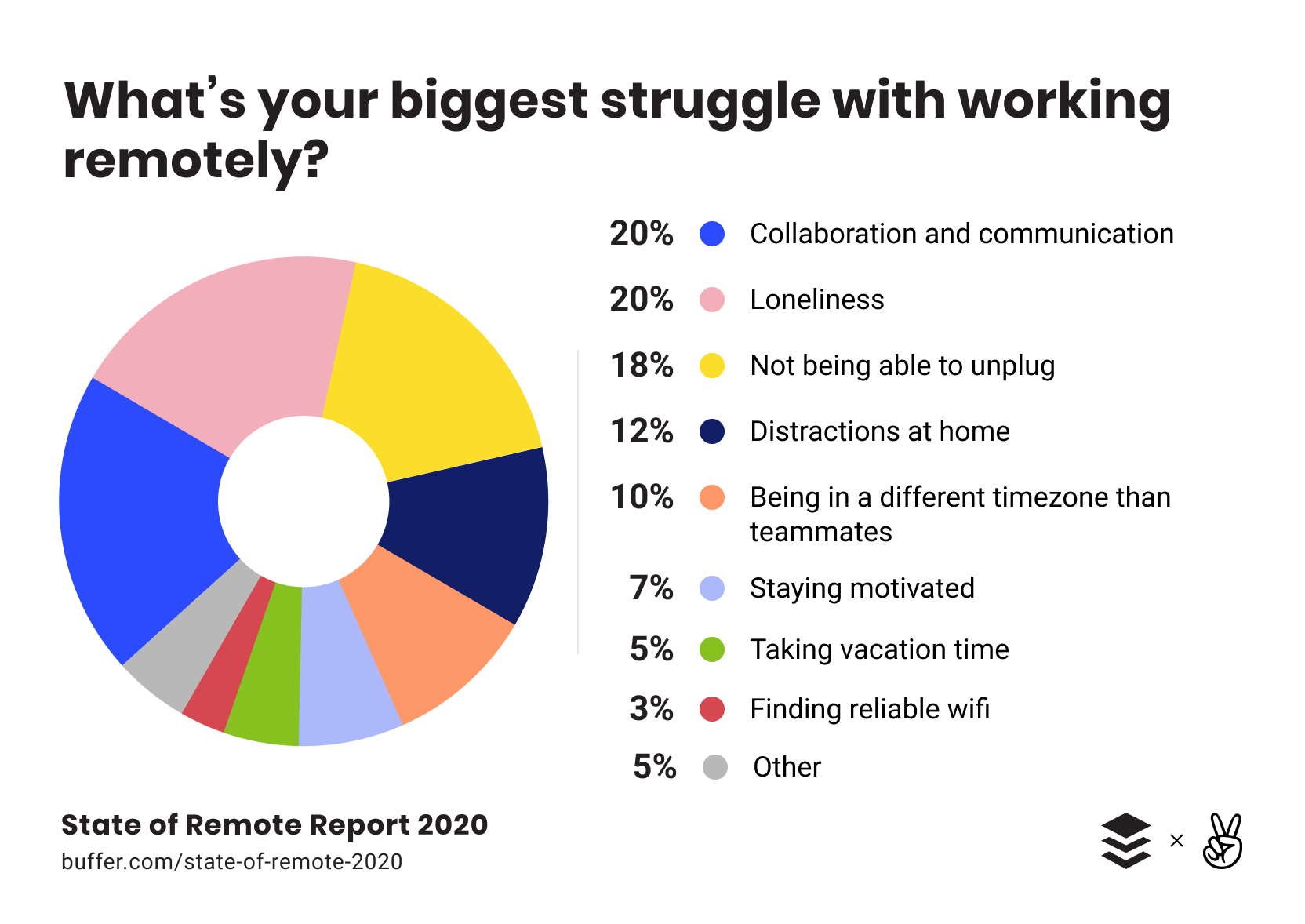
In 2020 our world suffered from one of the biggest pandemics in recent memory: The Coronavirus, universally known as COVID-19. This pandemic effected the world in ways that were originally unimaginable, most noticeability with work and school switching to remote platforms. Since COVID, remote work has spiked at a rapid rate.
Pros of Remote Work
An article on forbes.com states that, as of 2023, 12.7% of full-time employees work from home and 28.2% use a hybrid model. Before COVID, many companies were highly against remote work. However, after COVID hit, companies were forced to work outside the office to limit the spread of the virus in order to keep everyone safe. This changed people’s views on working remotely when they were eventually forced to. Many learned that working remotely has various benefits, such as cutting costs on real estate and allocating funds to other areas of interest, including testing new business models, hiring better personnel, and venturing into new segments. Multiple companies have benefitted from these new allocations, such as PWC, who projected a $1.5 trillion addition to the economy, thanks to the new technology.
Cons of Remote Work
Remote work has its challenges as well. Physically being in offices give companies more control over work processes, live meetings can be way more productive than zoom meetings, some people need social interaction to give their best work, and being physically present in the office induces more creative collaboration. Working remotely has been proven to hurt workers mental health and it has decreased effective communication, which is essential in any business.

In conclusion, having to quarantine over the COVID period has forced our society to adapt to working remotely, causing an uncertainty in various work environments. There are many benefits of working remotely, such as eliminating real estate costs for businesses and offering flexibility for workers. However, there are many disadvantages too such as less effective communication and efficiency within a business. The world is leading towards further utilizing remote work, which could be detrimental to full-time employees in the future because of the lack of face-to-face interaction.
